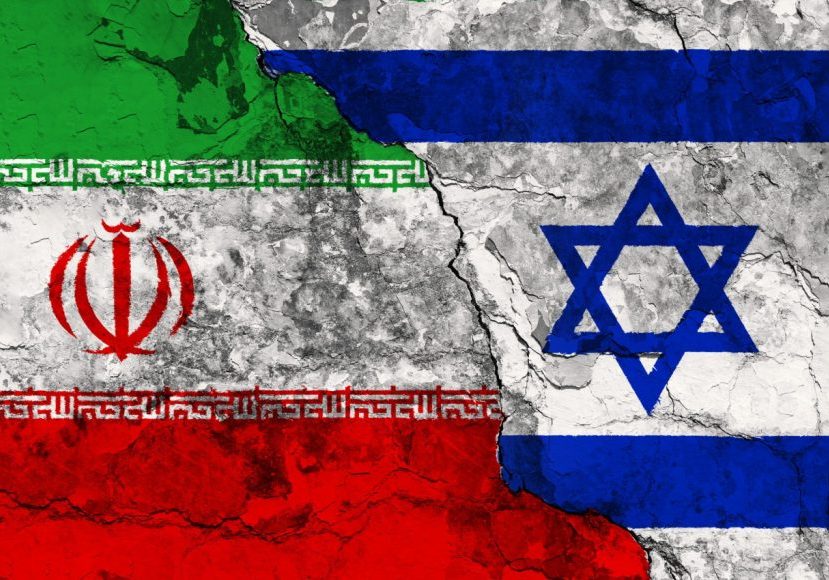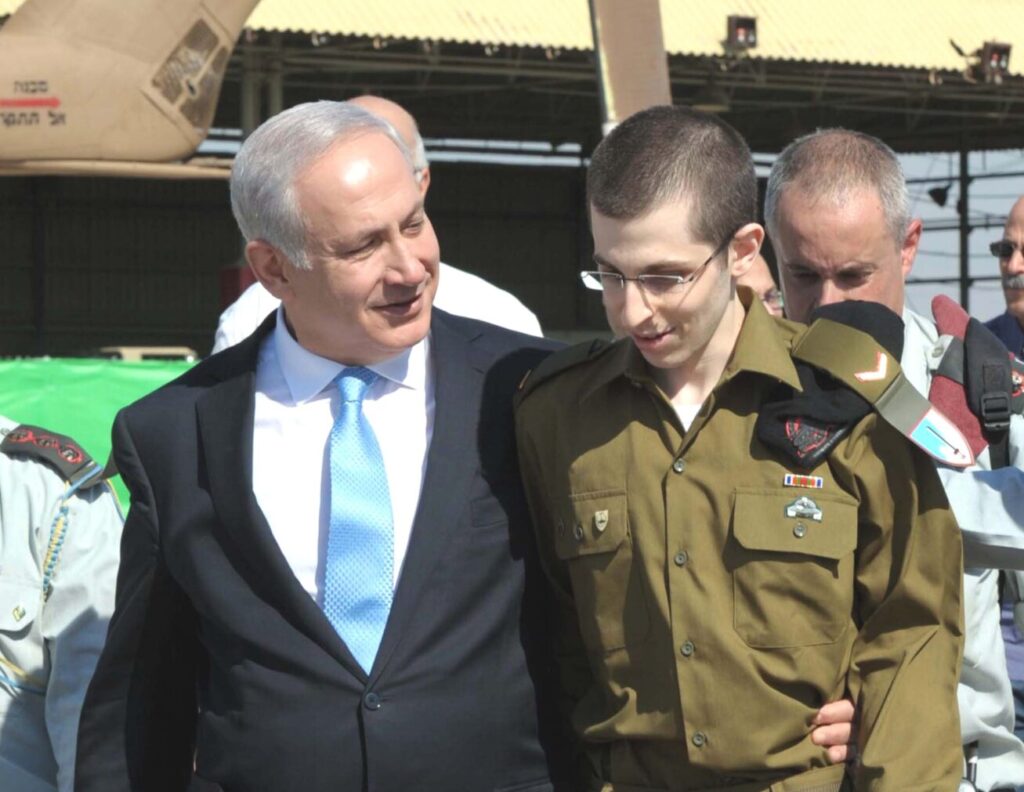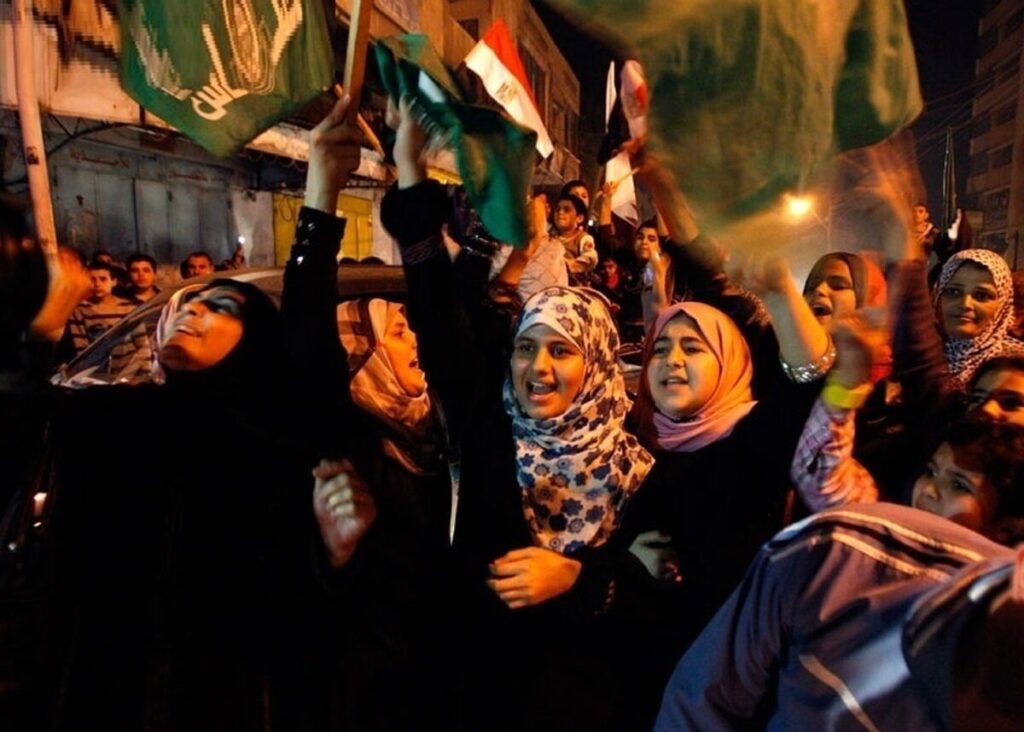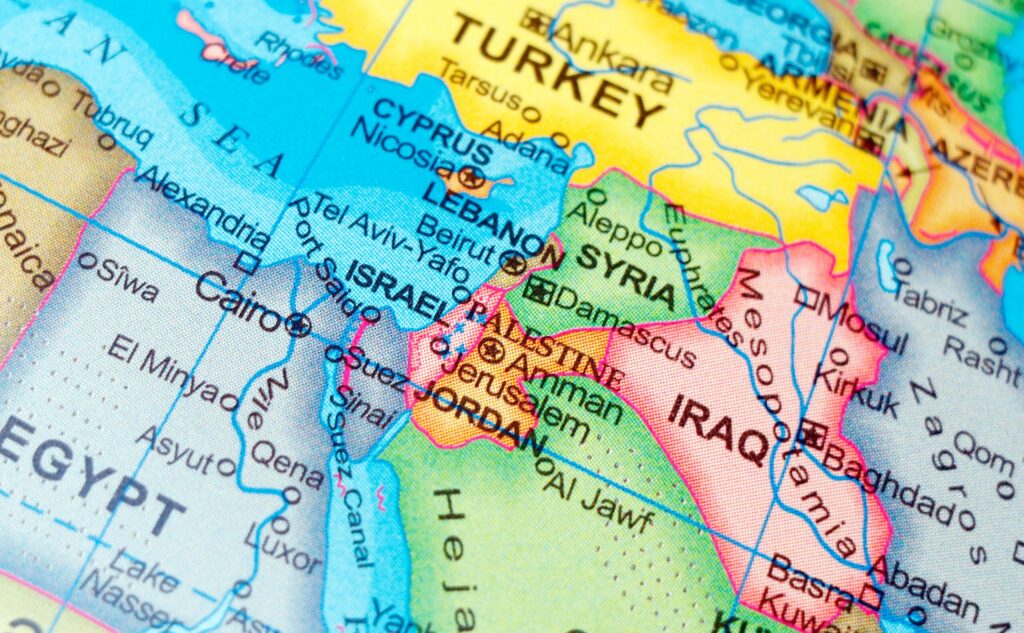IN THE MEDIA
Khatami is just as rigid as the rest
Mar 23, 2009 | Colin Rubenstein
Colin Rubenstein
Sydney Morning Herald – March 23 2009
The visit to Australia by the former Iranian president Mohammed Khatami has already sparked controversy. But the issue is not whether Khatami should be allowed in, or whether the groups sponsoring his visit have the right to do so. They do.
Rather, it is whether Khatami can be seen as a “reformer” and “moderate” seeking a genuine “dialogue of civilisations”. The answer rests in Khatami’s record rather than his rhetoric.
He was elected president in May 1997 in an Iran frustrated by a lack of personal freedoms. On “personal status” issues – such as wearing Western dress, women wearing make-up in public and listening to music – Khatami was indeed a reformer. He certainly presents a better image than the current president, Mahmoud Ahmadinejad.
Yet Khatami left office in 2005 having accomplished relatively little reform: pro-democracy protests were brutally suppressed under his watch, and newspapers and journals were banned. He advocated the death penalty for homosexuals, continued the punishment of stoning for adulterers, opposed women’s rights, and repressed minority religious and ethnic groups, such as the Baha’i.
Unsurprisingly, Khatami also believes firmly in the supremacy of clerics over Iran’s political system – a bedrock principle of the theocratic regime.Otherwise the Guardian Council – a group of senior clerics who determine which candidates may stand for office – would have disqualified his candidacy.
Khatami’s foreign policy fell squarely within the regime’s consensus: pursuing nuclear weapons, supporting terrorists and decrying the United States, the West and Israel.
Iran’s covert illegal efforts to enrich uranium were exposed in 2002, during Khatami’s presidency. Its nuclear program actually advanced under him – partly because he used his moderate image as a smokescreen to deflect attention from continuing nuclear activities.
As one of his former spokesmen bragged recently, “We had one overt policy, which was one of negotiation and confidence building, and a covert policy, which was continuation of the activities.”
Iran remained the largest state sponsor of terrorism during Khatami’s presidency, including its efforts – which Khatami supported – to fund and arm the Lebanese terrorist group Hezbollah. Khatami himself said that “we love Hezbollah”, and referred to it as “a shining sun that illuminates and warms the hearts of all Muslims and supporters of freedom in the world”.
Despite his prominent calls for a “dialogue of civilisations” between Iran and the West, Khatami was prepared to go only so far. While he wanted a dialogue with the US at the people-to-people level, he repeatedly rebuffed US attempts for a government-to-government dialogue. But as the Iranian people are among the most pro-American in the Middle East, rapprochement between the two governments was the more important dialogue.
Khatami’s call for dialogue does not even extend to the people level if they are Israelis. At a conference in Kazakhstan in 2007, he reportedly refused to speak to Israeli reporters, telling them to “go to hell!”, and skipped a subsequent panel discussion because an Israeli was also to speak.
His views on Israel – which mirror those of the current regime – further undermine his credibility in calling for a dialogue among peoples and faiths. He has reportedly called Israel “an old, incurable wound on the body of Islam, a wound that really possesses demonic, stinking, contagious blood”. And on another occasion, he said: “If we abide by human laws, we should mobilise the whole Islamic world for a sharp confrontation with the Zionist regime … If we abide by the Koran, all of us should mobilise to kill.”
He defended Iran’s opposition to the Israeli-Palestinian peace process by arguing that Israel is a “racist, terrorist, and expansionist regime”. He said: “We hope that the roots of problems in the region and the world [ie, Israel] will be destroyed.”
This is not just Khatami being critical of Israeli policies or supporting the Palestinians. He is clearly calling for Israel’s destruction, in much the same way that Ahmadinejad calls for Israel to be “wiped off the map”.
What credibility can Khatami maintain in calling for a dialogue of civilisations when he excludes Israel and Israelis? Or when he argues there is no anti-Semitism in the Muslim world, when under his presidency Iran became a sanctuary for Holocaust revisionists?
His record shows there is no substantive difference between Khatami and Ahmadinejad or the Iranian Supreme Leader, Ayatollah Ali Khamenei. Calls for a “dialogue of civilisations” sound appealing, but one must question how one can have a constructive dialogue with someone who holds such extreme positions that are so widely deplored.
Colin Rubenstein is executive director of the Australia/Israel & Jewish Affairs Council and taught Middle East politics at Monash University.
Tags: Antisemitism











